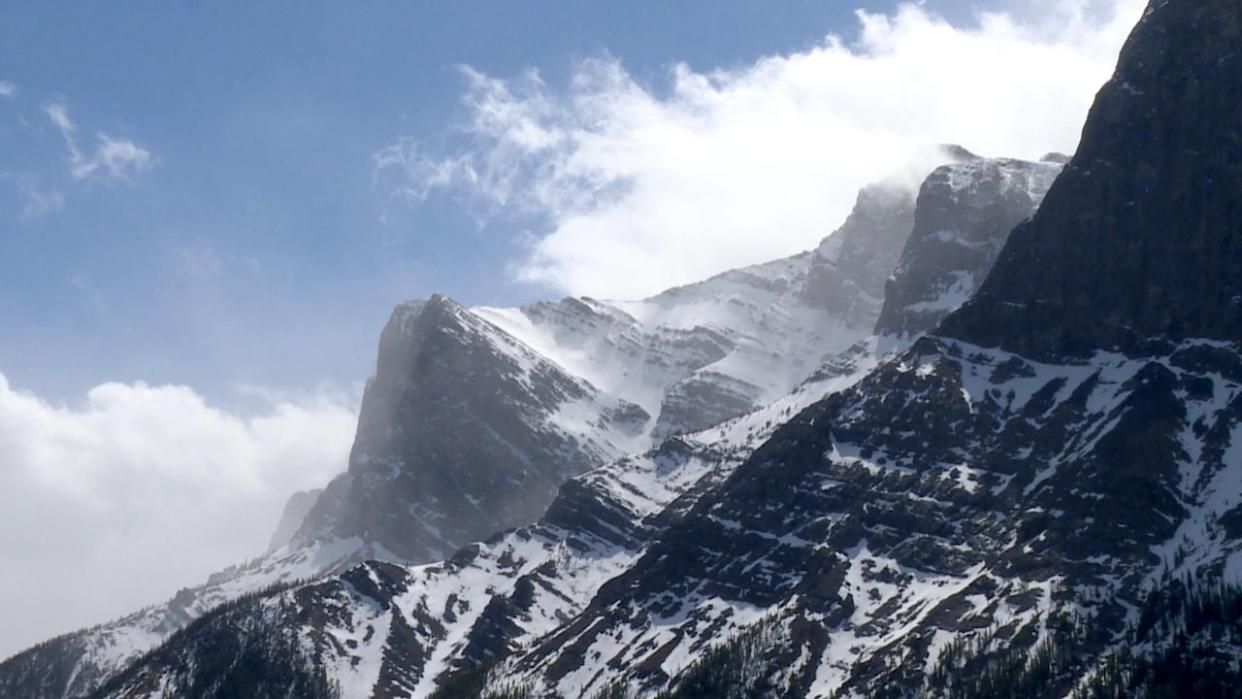Backcountry enthusiasts beware as weather warms, experts cite avalanche risk

If you're planning to take a trip to the backcountry to soak up the sunshine, experts are advising that outdoor enthusiasts be wary of warmer temperatures.
This month's deep freeze has been followed by thawing temperatures, and avalanche risks have been considerable for much of the past week — now, forecasters say even warmer temperatures are on the way, raising the risk.
Matt Mueller is a mountain rescue specialist in Kananaskis Country for Alberta Parks. He says there's some snowy science behind why avalanche risks increase as the weather heats up.
"So from our cold spell, the snowpack, it tends to dry out and become more sugar-like, the grains change," said Mueller.
The sugary phenomenon he describes is called faceted snow, and it transforms regular snow into larger, chunky, angular grains.
"Then, with the rapid warming, all of a sudden they can't really handle the heat that's penetrating the snow on the surface."
So while the warmth may attract more folks to enjoy the Canadian wilderness, the defrost could also bring danger.
"If skies are blue and the sun is out, that often causes localized warming," said Mueller. "With heat especially, [conditions] can change very, very quickly."
And this year's winter season has certainly exhibited how quickly nature's conditions can change.
Snow woes
Brian Webster, visitor safety manager for Banff National Park, echoed Mueller's concerns about faceted snow and avalanche risk.
He notes any new snow will have a hard time bonding to the surface of the older, cold-snap snow, meaning even a small change in wind could trigger a slide.
"We're starting to see new snow avalanches releasing on that cold snow interface," said Webster.
"We're not dissuading people from going out and enjoying the backcountry, but you have to approach it with a measure of caution."
Webster added that the deep layer of snowpack from earlier this month is also a concern. If an avalanche is triggered, it might be larger and more dangerous than usual.
"It could catch you, carry you and possibly even bury you."
Experts advise that people take avalanche training before making a trip to the backcountry, and always be prepared by bringing a shovel, a transceiver and a probe, in case any adverse situations arise.
Folks are also advised to check the latest conditions on Avalanche Canada's website prior to any outdoor adventures.


